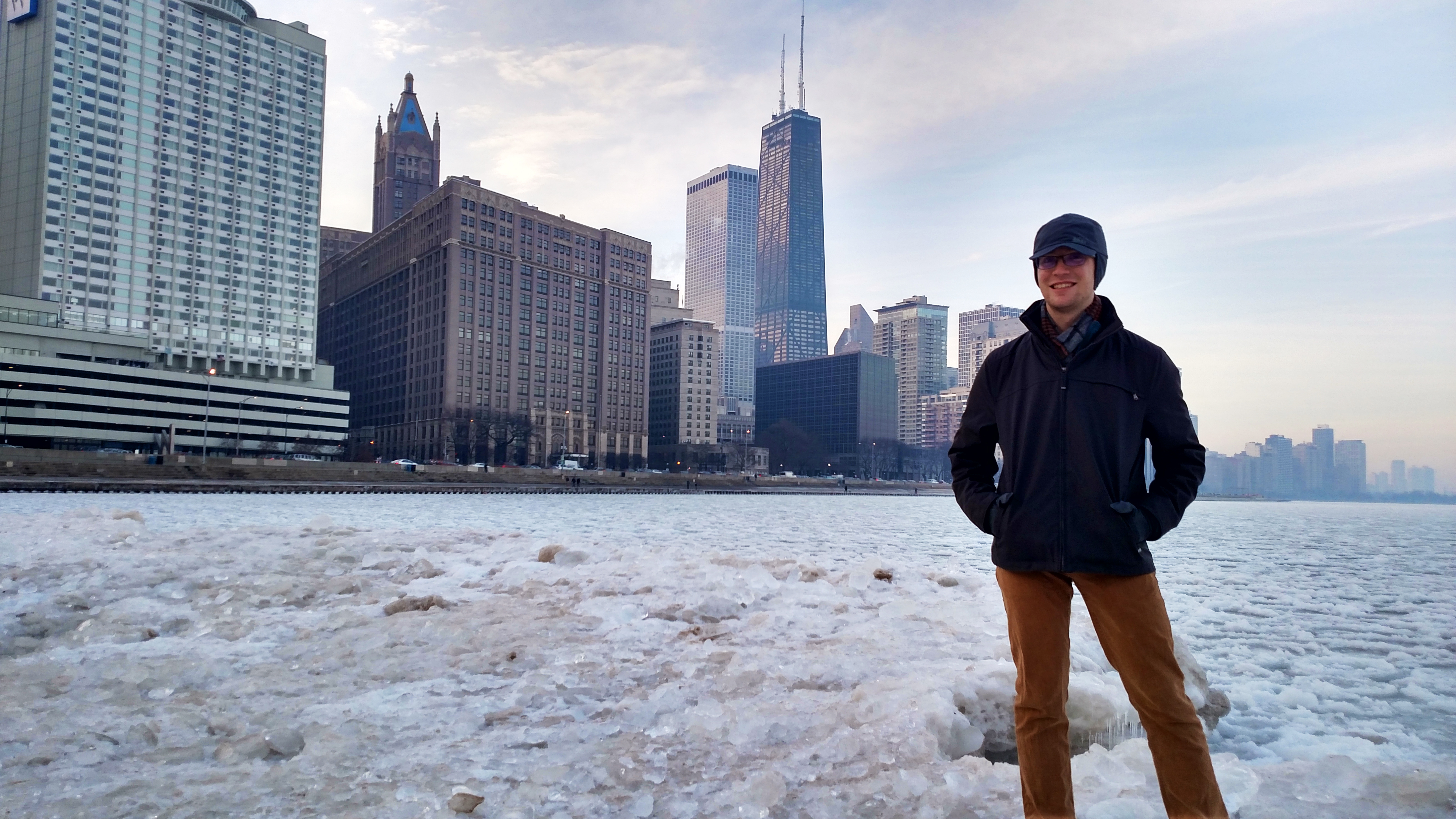Recommended

This January, during the only IAP of my one-year science writing master’s program, I packed my bags and headed to Logan Airport, escaping the icy, wet New England winter for… the icy, wet Chicagoland winter. I was off to visit Northwestern University’s school of medicine to do unconventional research for an unconventional thesis.
Now, plenty of grad students will visit other institutions and, perhaps, even do a bit of lab work there—it’s all part of the collaborative research process. But I wasn’t there to collaborate with Northwestern’s scientists. For my thesis in the science writing program, I was there to learn about the scientists in the neurology lab I was visiting as much as about the topic they were studying.
The lab I was visiting—the Cognitive Neurology and Alzheimer’s Disease Center—studies, as you might expect, the neurology of Alzheimer’s disease, but also of other dementias, including Primary Progressive Aphasia, which attacks your language skills first. (As a writer, being around so much talk of losing language and memory was certainly discomfiting!) But the center also studies something called SuperAging described as when very old people, 80 years or older, have kept the same memory ability as the average 50–65-year-old.
So I was in Chicago to understand both how SuperAgers gain their late-life superpower and the scientists devoting their life to solving that puzzle. I learned from a professor how to track where aging brains are decaying—and how her five-year-old son was totally freaked out when he saw the real, dead, brains in her lab. I learned from a postdoc how a certain kind of neuron might help defy aging—and how spending hours looking for these neurons under the microscope helps her re-center herself after a depressing day in the dementia clinic. I learned from a lab tech how to preserve a brain—and how he deals with the fact that he cuts people’s memories into paper-thin slices on a daily basis.
And I spoke with some SuperAgers themselves. Scientists don’t yet know exactly why their memories stay healthy, but it seems to have as much to do with a part of the brain that handles determination as with those which handle memory. And indeed, they’re determined to keep sucking the marrow from life, even after living four times longer than I have. One still completes her crossword every morning, when she’s not jetting off to Iceland or Norway. Another sees his participation in the study as an extension of a lifetime of helping others learn.
It made me wonder if I’d age near as well.
When I left home for college, perhaps the most common sort of advice I heard was that the people I met and the stories I lived in college would teach me far more than the AB degree in chemistry I was pursuing. But now, taking an SM in science writing, learning from those people and stories is exactly the point of my degree. I wouldn’t have it any other way.
Grad Life blog posts offer insights from current MIT graduate students on Slice of MIT.







